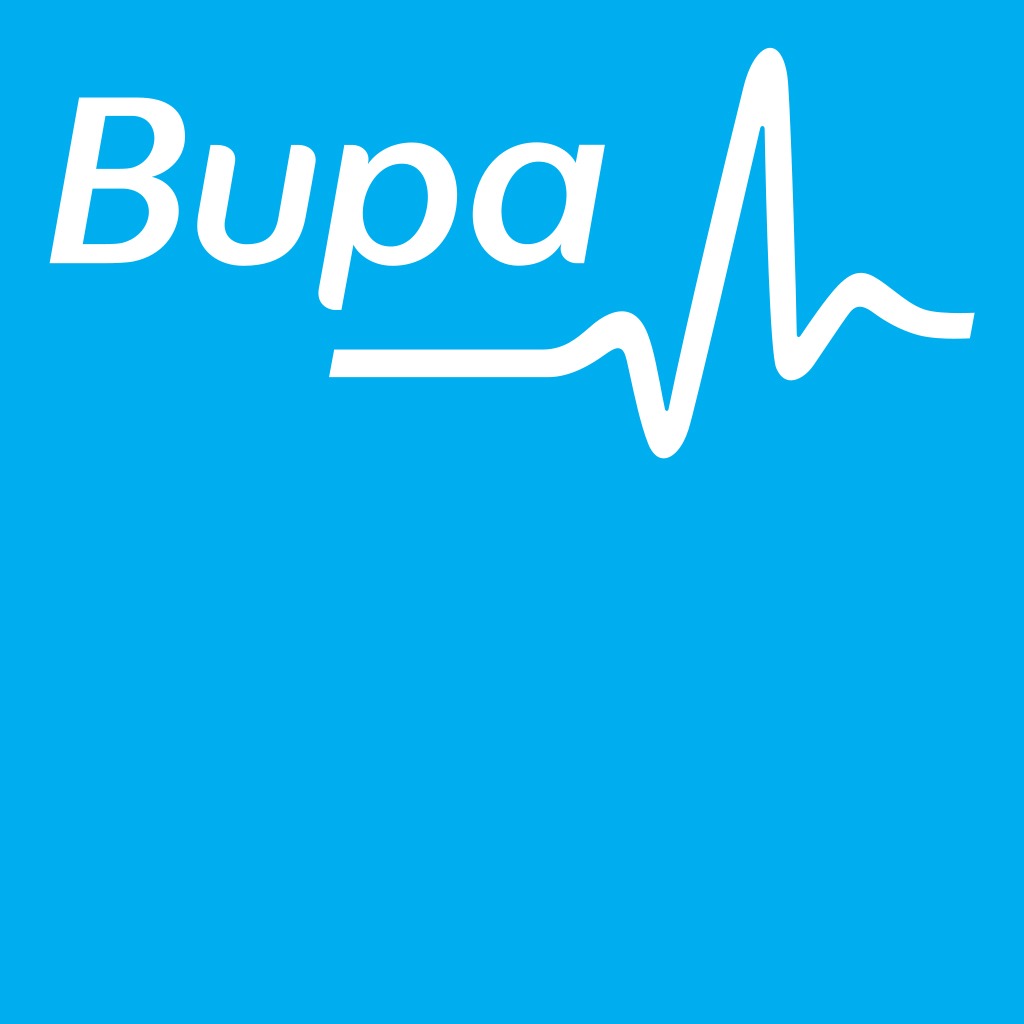Patellofemoral Pain (Runners knee)
What is Patellofemoral pain?
Common symptoms of PFP include pain with activities that load the patellofemoral joint such as running, climbing or descending stairs and squatting, as well as pain or stiffness (or both) on prolonged periods of flexion such as sitting for prolonged periods. The cause of patellofemoral problems can be multifactorial, including abnormal patellofemoral joint kinetics (such as patella mal-tracking) or anatomical anomalies, lower kinetic chain alterations, muscle dysfunction and training errors or overuse.
What can we do about it?
The principles of patellofemoral rehabilitation include managing any pain and swelling, muscle strengthening, enhancing soft tissue flexibility, neuromuscular control, enhancing patellofemoral biomechanics and finally gradually progressing back to activity.
About Chapman Physiotherapy
At Chapman Physiotherapy Ltd we pride ourselves on offering a first class physiotherapy service in South Yorkshire. Based in Doncaster, our easily accessible location provides full disabled facilities and appointments are available from early morning to late evening.







